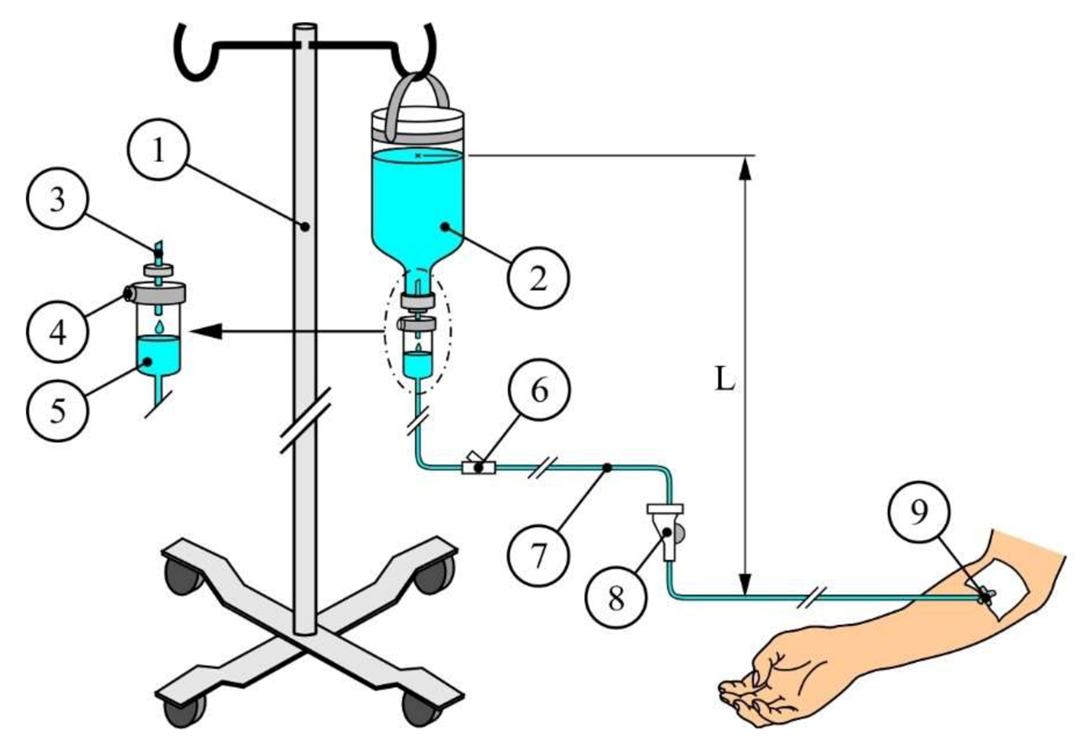A client with rheumatoid arthritis and psoriasis has been prescribed adalimumab, a biologic agent that blocks tumor necrosis factor alpha (TNF-alpha). Which of the following statements by the client indicates a need for further teaching?
I should avoid alcohol and other substances that can harm my liver.
I should take naproxen and aspirin as needed for pain relief.
I should report any signs of infection or fever to my doctor.
I should inject the medication under the skin of my abdomen or thigh.
The Correct Answer is B
Choice A reason: This is not a statement that indicates a need for further teaching. The client should avoid alcohol and other substances that can harm the liver, as adalimumab can increase the risk of liver toxicity and hepatitis.
Choice B reason: This is a statement that indicates a need for further teaching. The client should not take naproxen and aspirin as needed for pain relief, as these are nonsteroidal anti-inflammatory drugs (NSAIDs) that can increase the risk of bleeding and gastrointestinal ulcers. Adalimumab can also increase the risk of bleeding and ulcers, as it suppresses the immune system and the inflammatory response.
Choice C reason: This is not a statement that indicates a need for further teaching. The client should report any signs of infection or fever to the doctor, as adalimumab can increase the risk of serious infections and sepsis. Adalimumab can also mask the symptoms of infection, such as inflammation and pain.
Choice D reason: This is not a statement that indicates a need for further teaching. The client should inject the medication under the skin of the abdomen or thigh, as this is the recommended route and site for adalimumab administration.
Nursing Test Bank
Naxlex Comprehensive Predictor Exams
Related Questions
Correct Answer is C
Explanation
Choice A reason: Securing the drain to the client's bed sheet is not the best action for the nurse to take. This could cause the drain to be pulled or dislodged if the client moves or changes position. The nurse should secure the drain to the client's gown or abdominal binder, using a safety pin or a clip.
Choice B reason: Removing the JP drain when the drainage has ceased, covering the opening with sterile gauze, is not the correct action for the nurse to take. The nurse should not remove the drain without a physician's order, as this could cause complications such as infection, bleeding, or bile leakage. The nurse should monitor the amount and color of the drainage, and report any changes to the physician.
Choice C reason: Expelling the air from the JP bulb after emptying to re-establish suction is the correct action for the nurse to take. The JP drain works by creating a negative pressure that draws fluid from the surgical site. The nurse should empty the bulb when it is half full, and squeeze it until it collapses before closing the plug. This ensures that the suction is maintained and prevents the fluid from flowing back into the drain.
Choice D reason: Measuring the drainage every hour for the first 8 hr postoperative is not the correct action for the nurse to take. This is too frequent and unnecessary, as the drainage is expected to decrease over time. The nurse should measure the drainage every 8 to 12 hr, or as ordered by the physician, and record the volume and color. The nurse should also report any signs of infection, such as fever, pain, or foul odor.
Correct Answer is A
Explanation
Choice A reason: This is a correct answer because normal saline is an isotonic solution, which means it has the same osmolarity as the blood plasma. It does not cause any fluid shifts between the intracellular and extracellular compartments, and it can help restore the fluid balance and the blood pressure of the dehydrated client.
Choice B reason: This is not a correct answer because 1/2 normal saline is a hypotonic solution, which means it has a lower osmolarity than the blood plasma. It causes fluid to shift from the extracellular to the intracellular compartment, which can lead to cellular swelling and edema. It is not suitable for rapid infusion, as it can cause hemolysis and hypotension.
Choice C reason: This is not a correct answer because D5W (5% Dextrose in Water) is an isotonic solution when it is in the IV bag, but it becomes hypotonic once it enters the body, as the dextrose is rapidly metabolized and only water remains. It causes fluid to shift from the extracellular to the intracellular compartment, which can lead to cellular swelling and edema. It is not suitable for rapid infusion, as it can cause hemolysis and hypotension.
Choice D reason: This is not a correct answer because D5 1/2 normal saline is a hypertonic solution, which means it has a higher osmolarity than the blood plasma. It causes fluid to shift from the intracellular to the extracellular compartment, which can lead to cellular shrinkage and dehydration. It is not suitable for rapid infusion, as it can cause hypernatremia and fluid overload.

Whether you are a student looking to ace your exams or a practicing nurse seeking to enhance your expertise , our nursing education contents will empower you with the confidence and competence to make a difference in the lives of patients and become a respected leader in the healthcare field.
Visit Naxlex, invest in your future and unlock endless possibilities with our unparalleled nursing education contents today
Report Wrong Answer on the Current Question
Do you disagree with the answer? If yes, what is your expected answer? Explain.
Kindly be descriptive with the issue you are facing.
